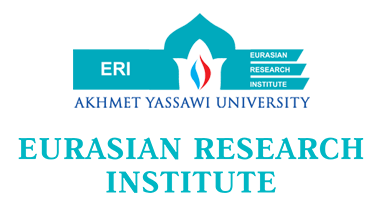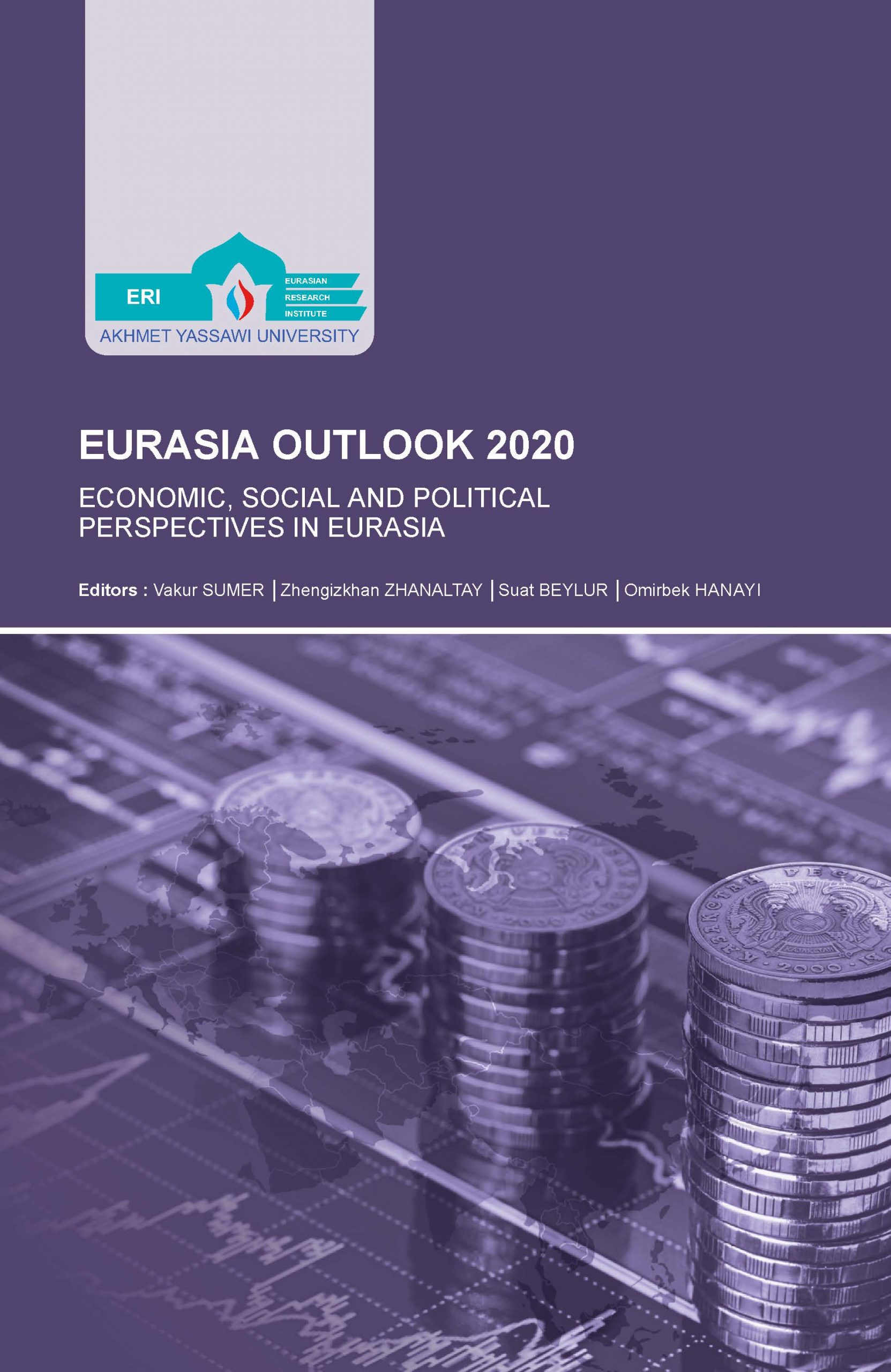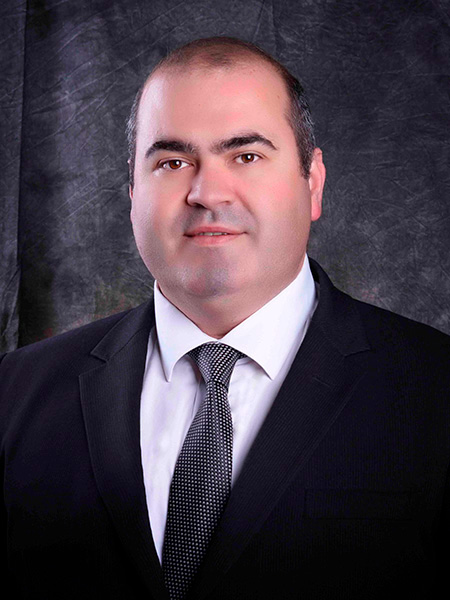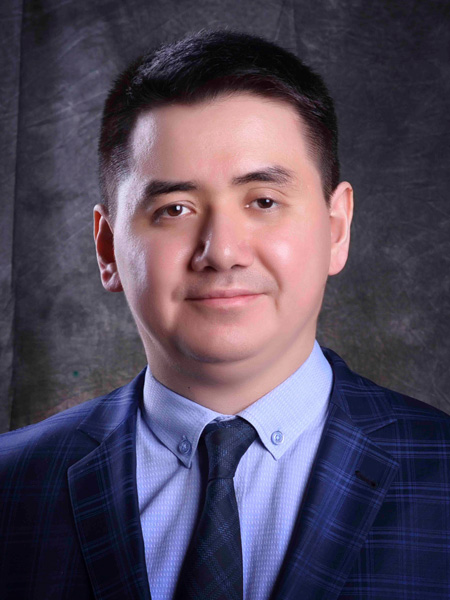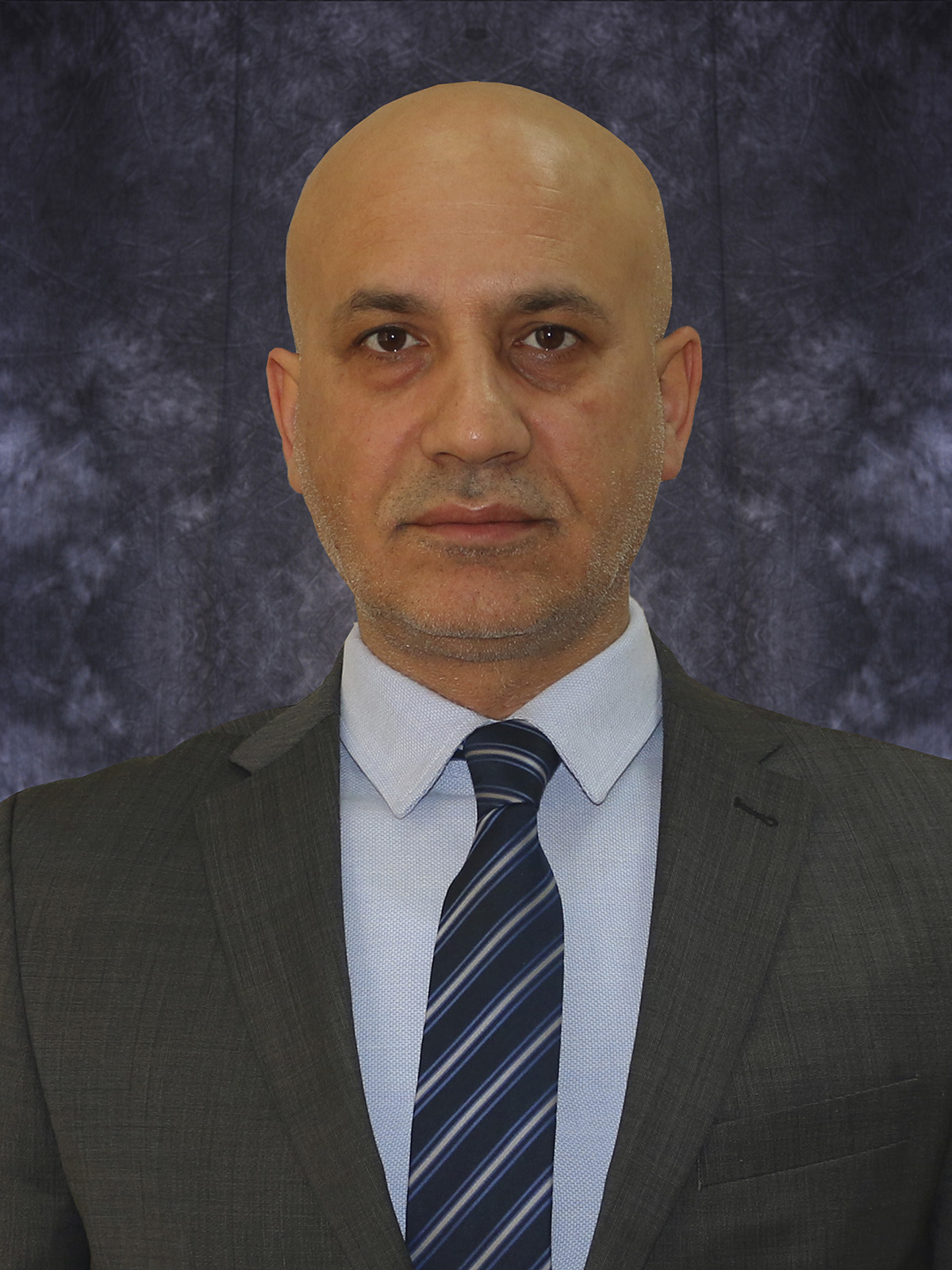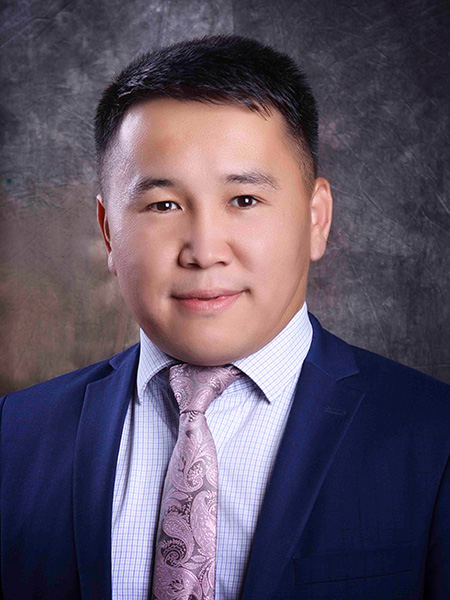Eurasia Outlook 2020: Economic, Social and Political Perspectives in Eurasia
Vakur Sumer
Director
Assoc. Prof. Vakur Sumer has received his Ph.D. on International Relations, from Middle East Technical University, Ankara, Turkey. He is a faculty member at Department of International Relations, Selcuk University, Konya, Turkey. He has worked as a post-doctoral fellow at the Global Research Institute at University of North Carolina-Chapel Hill, NC, USA, and as a visiting scholar at the Department of Environmental Science and Policy, University of California-Davis, CA, USA. Sumer has been a researcher at Max Planck Institute in Heidelberg, Germany in 2012.
Zhengizkhan Zhanaltay
Deputy Director
Zhengizkhan Zhanaltay is a deputy director in the Eurasian Research Institute at H.A.Yassawi Kazakh Turkish International University. Zhengizkhan completed his bachelor’s degree at international relations department of KIMEP University in 2010. He completed his master thesis named ‘Oralmans integration into Kazakhstani Society: Turkish Kazakh Case’ in International Relations department of KIMEP University in 2014. His research interests include international migration politics, labor and ethnic migrants social and economic integration into society and remittance.
Suat Beylur
Director
Suat Beylur holds a PhD degree in Sociology from Ankara Yildirim Beyazit University and an MA in International Relations from Hacettepe University. Prior to joining the Eurasian Research Institute of K.A. Yassawi International Turkish-Kazakh University, Beylur has worked as an advisor in the Grand National Assembly of Türkiye (TBMM) (2006-2010); and expert, director and head of department for the Republic of Türkiye Ministry of Culture and Tourism (YTB). Beylur’s research interests lie primarily in the areas of multiculturalism, social change, youth and religion-state relations in Central Asia
Omirbek Hanayi
Senior Research fellow
Omirbek Hanayi is a research fellow in the Eurasian Research Institute at H.A.Yassawi Kazakh Turkish International University. In 2009 graduated from Minzu University of China Faculty of Kazakh language and literature. In 2008-2009, he studied in Turcology Department of Justus Liebig Giessen University as an exchange student. In 2010, he entered the Turcology Department of Justus Liebig Giessen University in 2010. During 2010-2012 he work in the project named “Kasachisch im postsowjetischen Kasachstan”.
